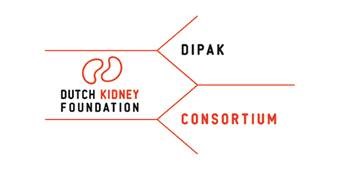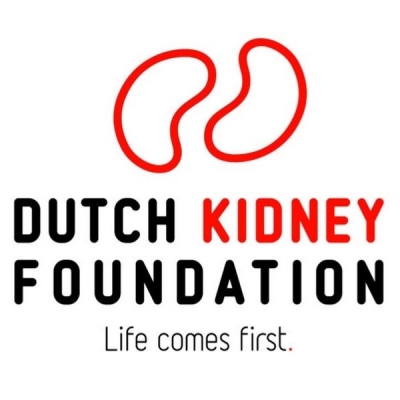New interventions to halt progression of hereditary renal disorder
Autosomal Dominant Polycystic Kidney Disease (ADPKD) is characterized by the formation of numerous fluid-filled cysts, that suppress normal kidney tissue, leading to kidney at the age 50-65 years. A public private partnership between 4 UMCs, IPSEN Pharmaceutics and the Dutch Kidney Foundation bundles the required expertise to find ways to slow down disease progression.
ADPKD is the most common hereditary renal disorder (incidence 4/10.000) and represents a major burden for public health. In EU direct medical costs related to renal replacement therapy have been estimated at € 1.5 billion euro annually.
Based on an investigator-driven clinical trial, examining the effect of lanreotide (a somatostatin-analogue) on the decline of renal function and disease progression, we aim to answer relevant questions related to the clinical outcome. In addition, the combination of clinical data and a biobank of blood/urine samples provides an excellent starting-point to identify and validate potential new biomarkers (metabolomics, exosomes, targeted markers). These biomarkers, i.e. (predictive) factors, are needed to decide which patients to treat, and/or to assess on a short-term basis whether in treated patients intervention is effective. In addition, data obtained combined with experimental studies will reveal more insight into stage-specific signaling profiles that potentially harbor important targets for therapy.
At the end of the project the conclusion is that among patients with later-stage autosomal dominant polycystic kidney disease, treatment with the somatostatin analogue lanreotide compared with standard care did not slow the decline in kidney function over 2.5 years of follow-up. However, lanreotide reduced the growth of kidney volume and of liver volume. A large biobank of blood and urine samples has been established, combined with clinical information. Using this biobank several potential biomarkers to monitor disease progression were identified, which will be validated in additional cohorts. An experimental mouse model showed reduced expression of the somatostatin receptor in large cysts and in this model more insight into PKD-associated signalling has been obtained upon the establishment of a proteome profile.
For more information: visit the DIPAK website.







